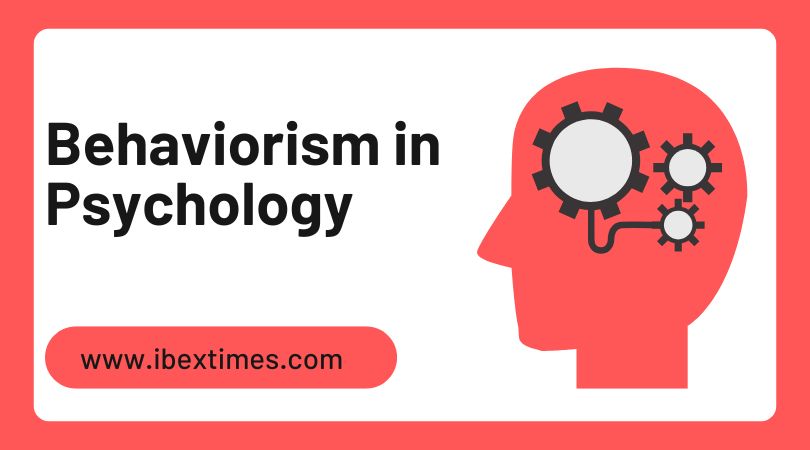This article discusses the characteristics and role of the family as one of the basic social institutions of society.
What is family as a social institution?
The term ‘family’ can be defined as a group of people living together, by the bonds of marriage, blood, adoption, etc. making one household and interacting as father, mother, daughter, son, siblings, etc.
Usually, a family consists of an adult, his/her spouse, and offspring. The two married adults, usually a man and a woman most come from different lineages, not related by blood live in a separate dwelling along with their offspring.
Main features of family as a social institution
The lines below tell about the important features of a family as a social institution.
Family as a social institution is the
1. most basic/primary unit of society;
2. one of the oldest social institutions in the world;
3. has multifaceted functions right from reproduction, upbringing, care, emotional training, and protection to the members.
4. varies from place to place in concept but all types of families share certain common aspects.
Types of family
1. Nuclear family
A nuclear family consists of two parents (mother and father) and their children. It has been the traditional kind of family structure in almost all societies of the world. However, this family type has witnessed a decline in developed states like the United States where only less than 25% of families are said to live in a nuclear family structure.
2. Joint family
This family type is prevalent in rural parts of the Indian subcontinent and many other regions of the world. This type of family consists of a husband and wife, their married and unmarried offsprings (daughters and sons), and their offsprings (nieces, grandson, etc. )
To put it in simple words, in this type of family structure the male or females do not leave their parents’ homes at marriage but bring their spouses to live with them.
3. Single parent family
A single-parent family is the relatively new family type that has come into existence. This type of family structure consists of one parent. This one parent may be a single mother or a single father raising one or more kids on his/her own. According to some reports, one-fourth of children in the developed world are born to a single mother.
4. Extended Family
The extended family structure is characterized by two or more adult couples living in the same home. They are related either by blood or marriage. The members of this family type include cousins, aunts, uncles, their children, and grandparents.
Role of the family as a social institution
1. Socialization
Man is a social animal as stated by Aristotle more than 2300 years ago. He learns to adjust and behave in accord with the norms of society. This process of learning to adjust to societal norms and behaving in a manner approved by society is called socialization.
Socialization does not happen abruptly. It starts gradually after the birth of a child in the family. The child as it grows learns to talk and behave in a particular way. It is here in the family where he gets the training to enter society. The grooming of a child at home carries a huge impact on his mind in dealing with society.
Thus family acts as the primary and fundamental social institution for primary human socialization. Sociologists consider the family as the first focal socialization agency because of its role in the primary socialization of a person. Scholars consider value learning in childhood influences a child’s development.
2. Emotional Support
Family acts as a source of support in times of emotional distress, financial crisis, or any sort of problem that a person may come across in life. Right from birth to death, the institution of the family has taken the responsibility of meeting the basic essentials of life i.e. food, clothing, shelter, love, protection, care, comfort.
3. Continuity of human race
All societies have a set of norms that their members follow to live an organized life. Like many other human activities, the continuity of the human race also takes place as per the already social norms of society. It is the institution of the family in which human reproduction takes place as per approved social norms. Moreover, the family also acts as the primary unit for educating the young about these norms related to sexual reproduction.
4. Social identity
Another important function of the family is the provision of social identity to its members. A person gets an identity according to social class, ethnicity, race, religion, etc. his/her parents belong to.













